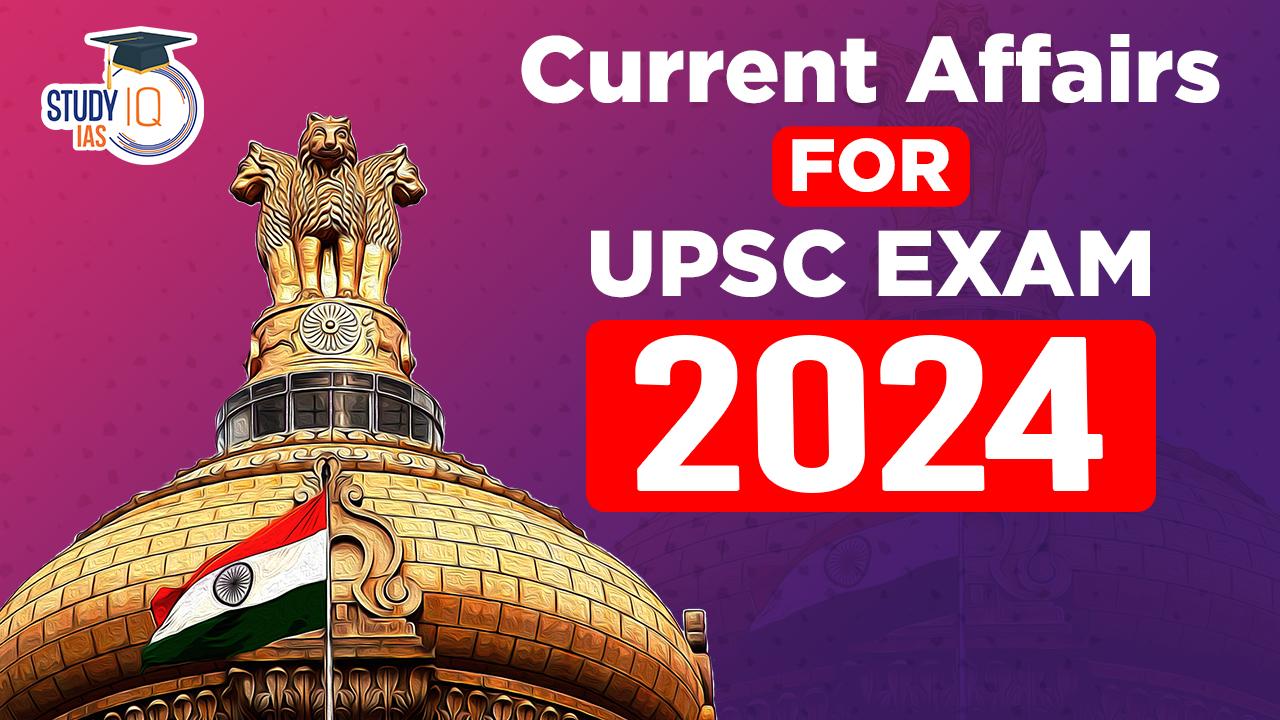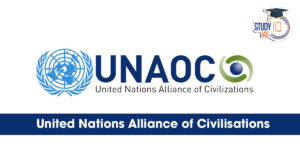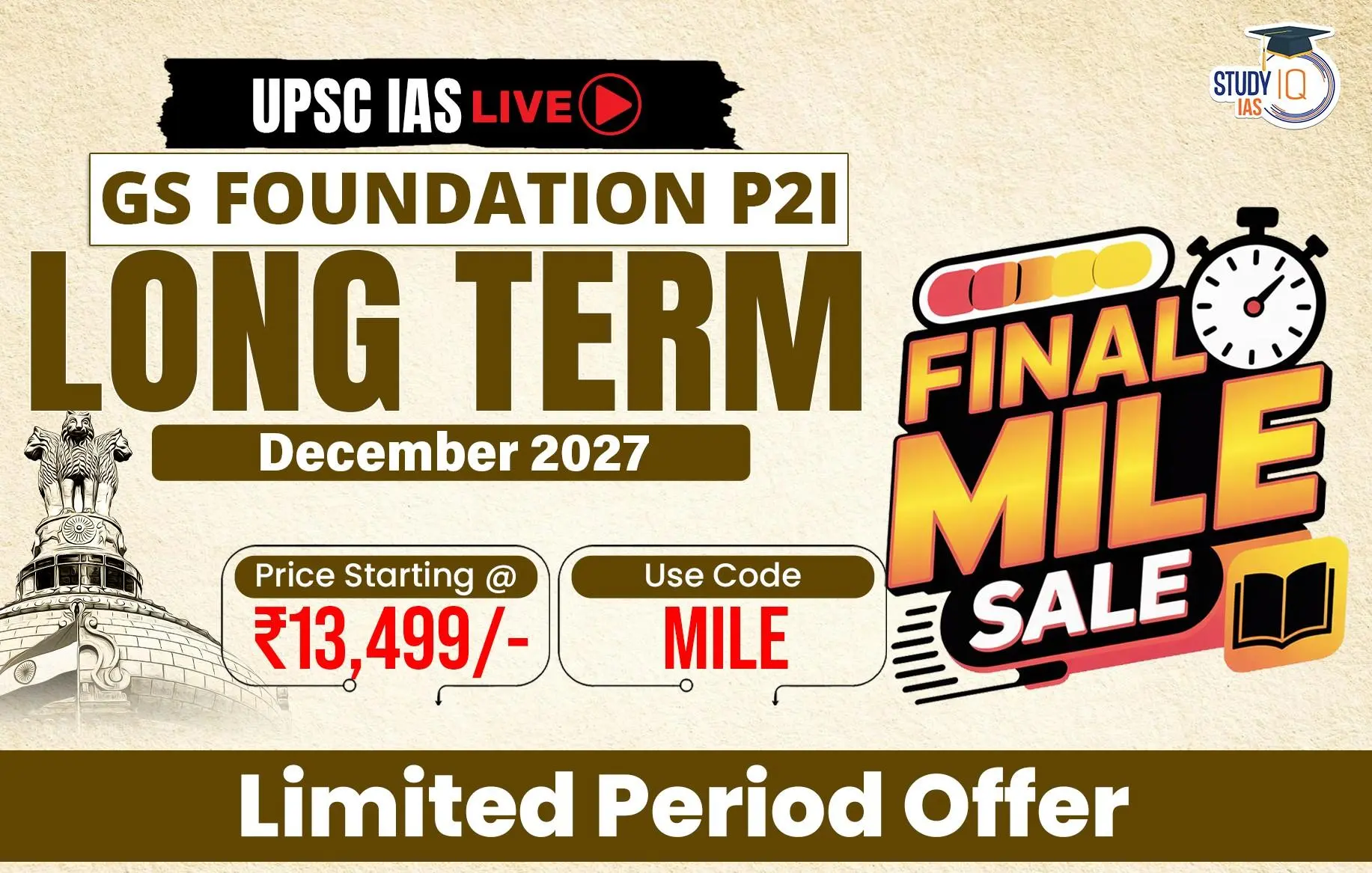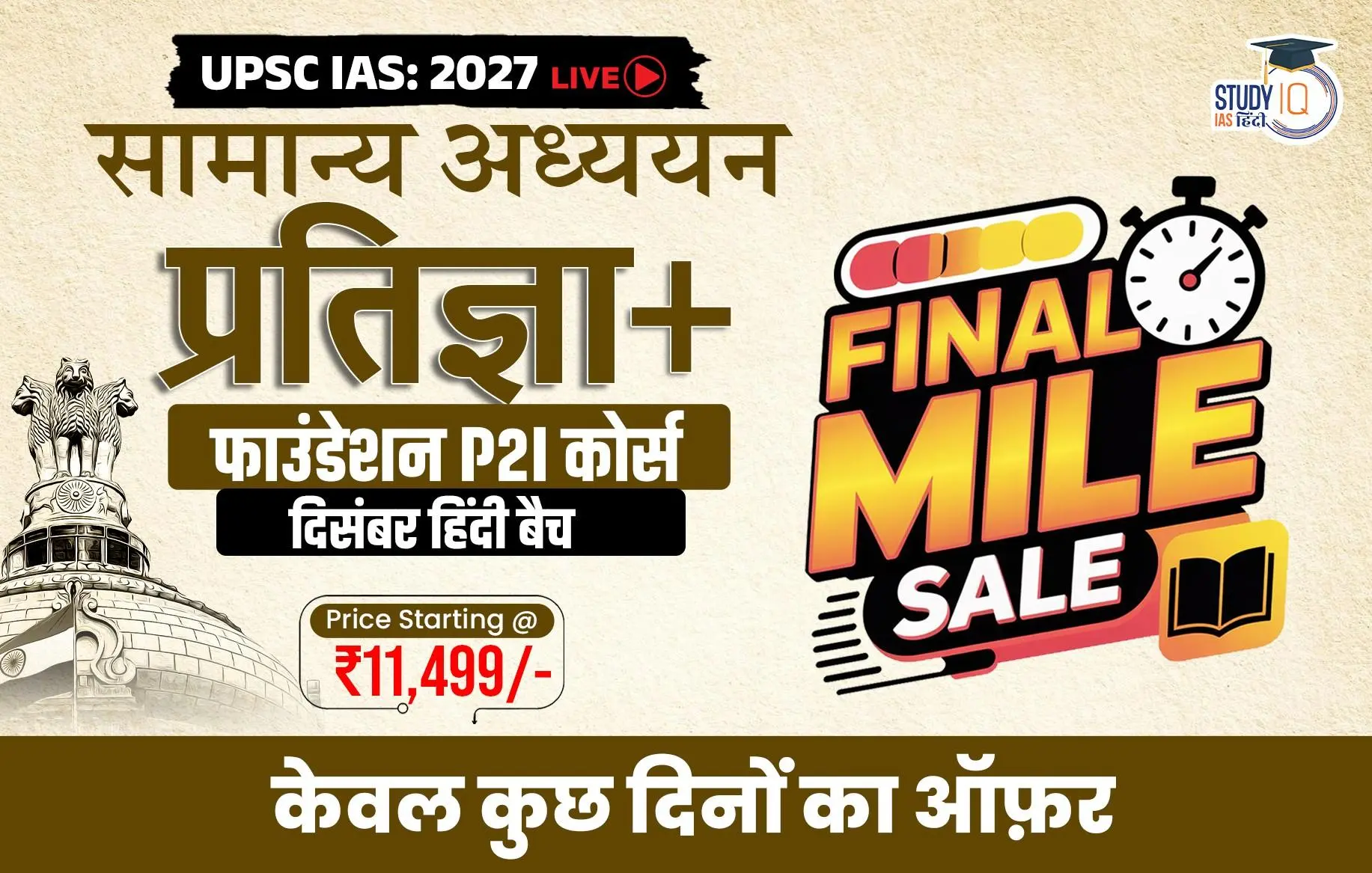Table of Contents
US Antitrust Ruling Against Google
Context
- Judge Amit Mehta of the US District Court of Columbia ruled that Google is a monopolist.
- Google violated antitrust laws to maintain its monopoly over “general search services” and “general search text ads.”
Impact in India
- Market Conditions: In India, Xiaomi, with a 19.3% market share, pre-installs the Opera browser on its phones.
- The Competition Commission of India (CCI) imposed a Rs 1337.76 crore penalty on Google in October 2022 for mandatory pre-installation of Google apps on Android devices.
- Google announced it would allow Indian users to choose their default search engine.
Key Points from Judge Mehta’s Ruling
- Default Distribution Advantage: Default search engines like Google hold a major advantage as most users do not change the preset search engine.
- This “default distribution” leads to billions of search queries for Google daily.
- Impact on Competitors: Google’s scale disincentivizes competitors from entering the market.
- New entrants like Mozilla face high barriers, including capital costs, distribution channels, and brand recognition.
- Competitors need billions of dollars to build comparable search engines and ad platforms.
Indian Competition Bill, 2024
- Draft Competition Bill:
- The Ministry of Corporate Affairs released the Draft Competition Bill, 2024, to prevent anti-competitive practices by large tech companies termed Systemically Significant Digital Enterprises (SSDEs).
- The Bill restricts SSDEs from favouring their own products and using users’ personal data without consent.
Similarity with EU’s Digital Markets Act (DMA)
- The new Indian Competition Bill is similar to the EU’s Digital Markets Act (DMA).
- Requirements for Tech Firms: The DMA mandates that large tech firms like Alphabet, Amazon, and Apple must open their services to competitors.
- These firms are prohibited from favouring their own services over those of rivals.
- Big Tech Objections:
- Big tech companies argue the Bill imposes significant compliance burdens that could hinder innovation and research.
- Experts, like National Law School Associate Professor Rahul Singh, warn the Bill might also impact Indian tech companies like Zomato, Swiggy, and BigBasket, potentially harming domestic innovation.
New Treatment regimen for Drug-Resistant TB
Context: India is set to roll out the BPaL regimen (bedaquiline, pretomanid, and linezolid) for drug-resistant tuberculosis.
More in News:
- The BPaL regimen has shown promising results in countries like Pakistan, South Africa, and Ukraine.
- The BPaL regimen significantly reduces TB treatment duration from 18-24 months to about six months.
- The older regimen involved 14 different drugs daily, while BPaL requires only three tablets daily.
About Tuberculosis
- Tuberculosis (TB) is a bacterial infection spread through inhaling tiny droplets from the coughs or sneezes of an infected person.
- TB is caused by a bacterium called Mycobacterium tuberculosis, belonging to the Mycobacteriaceae family.
- Transmission: TB spreads from person to person through the air. When people with lung TB cough, sneeze or spit, they propel the TB germs into the air.
- In humans, TB most commonly affects the lungs (pulmonary TB), but it can also affect other organs (extra-pulmonary TB).
- Cure: TB is a treatable and curable disease.
- Vaccine: Currently, Bacille Calmette-Guérin (BCG) is the only licensed vaccine available for the prevention of TB.
- Four major drugs used in TB treatment: Isoniazid (INH), Rifampicin, Pyrazinamide & Ethambutol.
| Drug-Resistant TB |
MDR TB: MDR-TB does not respond to at least isoniazid and rifampicin, the 2 most powerful anti-TB drugs. XDR TB: People who are resistant to isoniazid and rifampicin, plus any fluoroquinolone and at least one of three injectable second-line drugs (amikacin, kanamycin, capreomycin) are said to have XDR-TB. |



 Jumping Genes: The Revolutionary Discove...
Jumping Genes: The Revolutionary Discove...
 Nitrofurans: Understanding This Class of...
Nitrofurans: Understanding This Class of...
 United Nations Alliance of Civilizations...
United Nations Alliance of Civilizations...

























